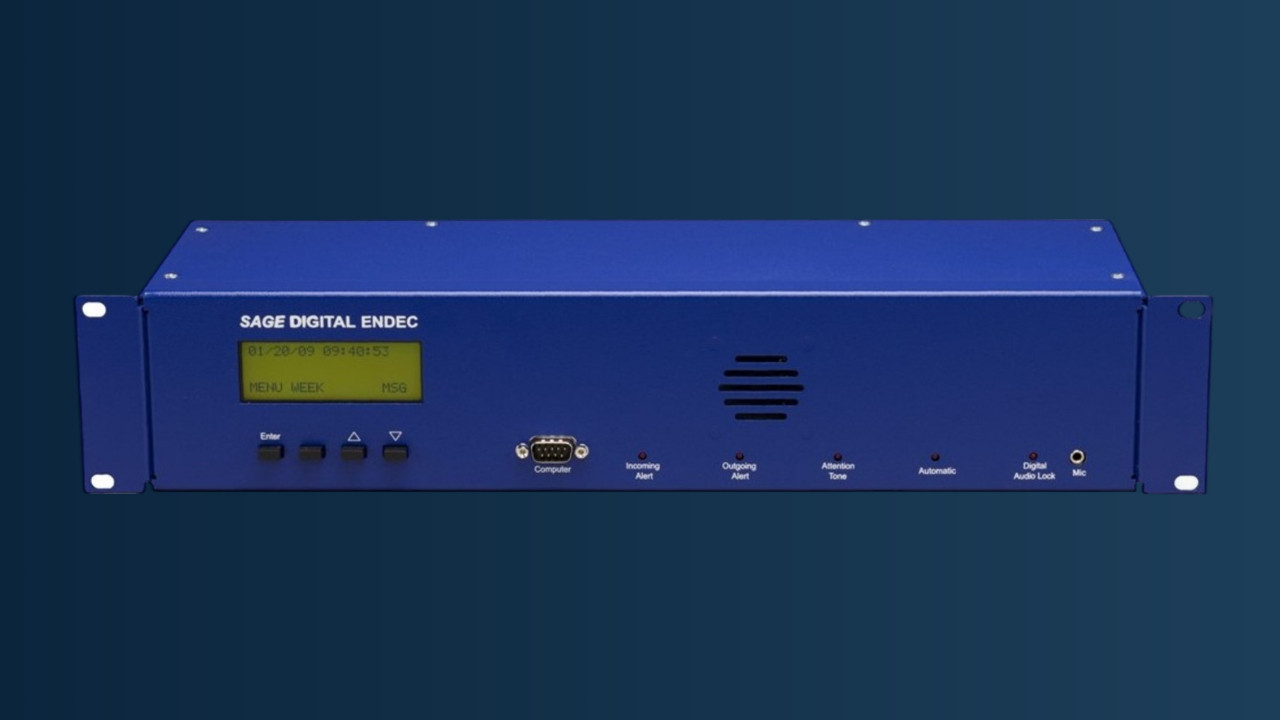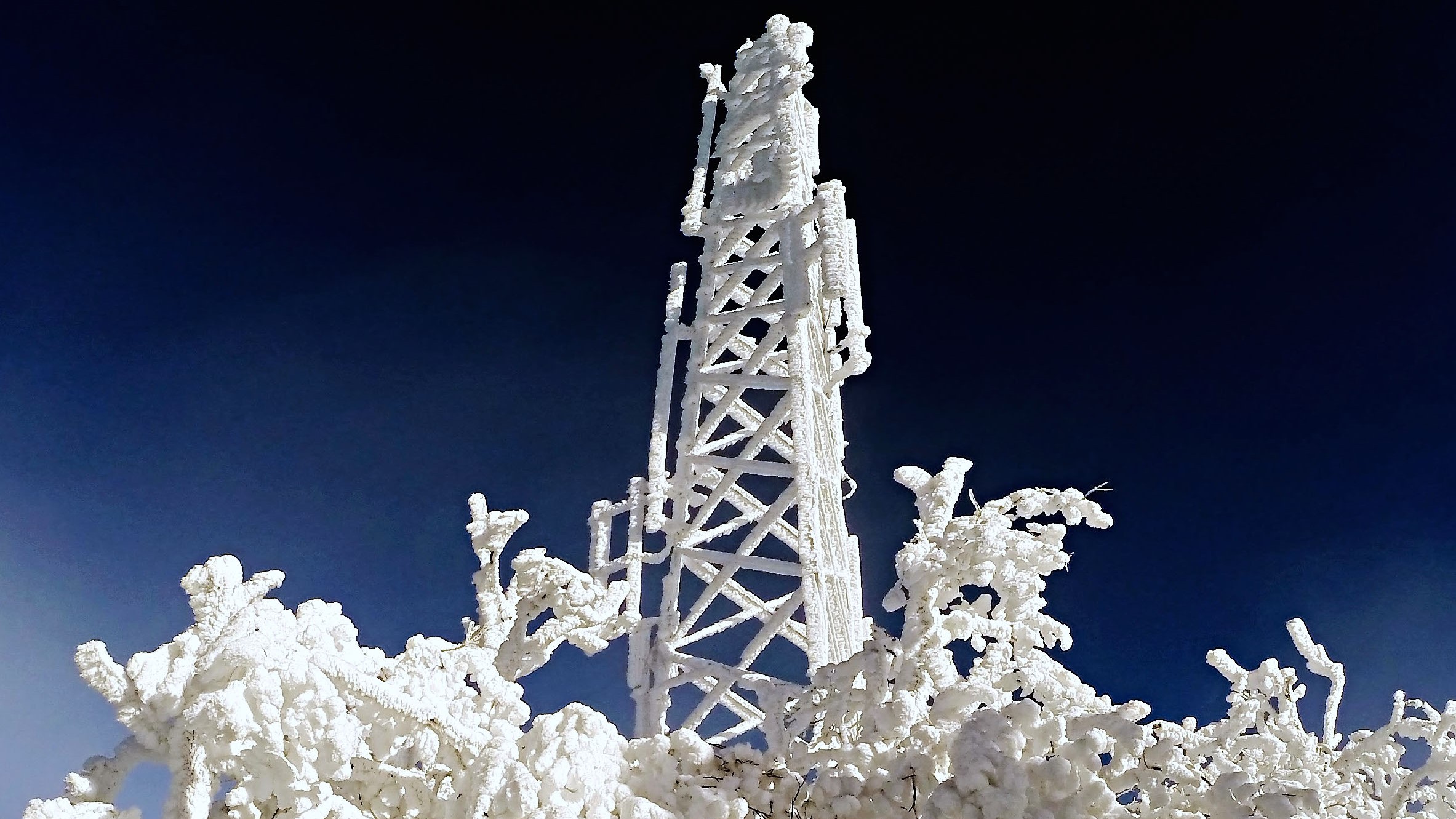As a consultant there are two main questions clients and potential clients ask me.
1) ‘Where can I find good salespeople?’
2) ‘Do you know an engineer looking for work?’
My answer to the second question is always the same, ‘Yes, but you better get your checkbook out.’
The reason is simple, they’re not making any more radio engineers. To be frank, why would they. It’s the hardest job in a radio station. They get the 3am phone calls from the transmitter when the station is off the air. They seldom get pats on the back when they do well, but they ALWAYS get complaints when things aren’t functioning properly even though they’re not typically given the tools necessary to succeed because of budget constraints. Plus, they’ve been consistently undervalued and underpaid by radio stations for years.
Because of all of that, most young people who are smart enough to become a radio engineer are smart enough to do any number of other jobs people who are technically inclined can do that pay significantly more money and have better hours.
However, there are still some good engineers out there. But, the good ones tend to know their value and are now able to command much higher salaries than most groups are willing to pay. That’s why many groups are looking at the option of setting up all of their local operations to be remotely engineered by a handful of smart, reliable people that are off-site (often across the country). Which makes sense, radio stations have been doing a hybrid of this for years using new tech to make it possible for one engineer to handle more stations because so many things that are mission critical have been remotely controllable for years.
There are a lot of upsides to remote engineering, of course starting with the monthly cost savings versus paying a full-time engineer. Plus, the 24/7/365 monitoring allows someone smart on the other end to catch many things before they fail and ensures that person knows exactly what to do when things do occasionally fail unexpectedly. It also tends to lead to less failures overall because it forces groups to buy a LOT of new equipment.
That leads to the first downside, the equipment cost. If stations want to move to a remotely engineered and monitored setup they’re likely going to have to spend anywhere from $75k to $150k per station depending on the age of their existing equipment and software. Everything including the automation system, all computers, consoles, processors, codecs and of course the transmitter have to be not only remotely monitorable, but controllable. Stations with old equipment and software have no other option than to pay someone to babysit their outdated systems if they want to consistently stay on the air.
The other main downside is that there still has to be someone local, or at the very least regional, that has some technical skills. Even if the remote engineers agree to be on-site for major projects, someone has to do site maintenance occasionally (although less often since it has to be newer equipment) and someone has to be capable of being walked through the occasional thing that has to be done on-site during an emergency.
What do you think? Has your group moved to a remote engineering setup and if so how has it worked? Comment below or email me at Andy@RadioStationConsultant.com.
Pic designed by benzoix for www.freepik.com.












